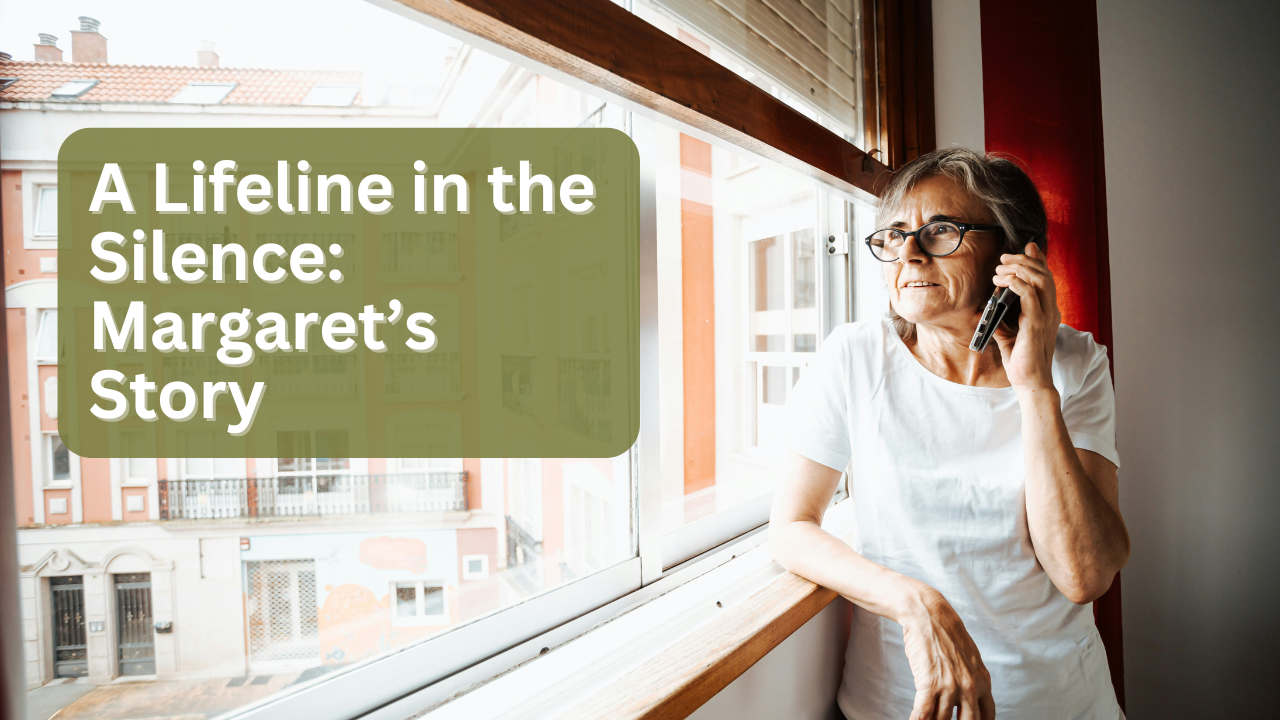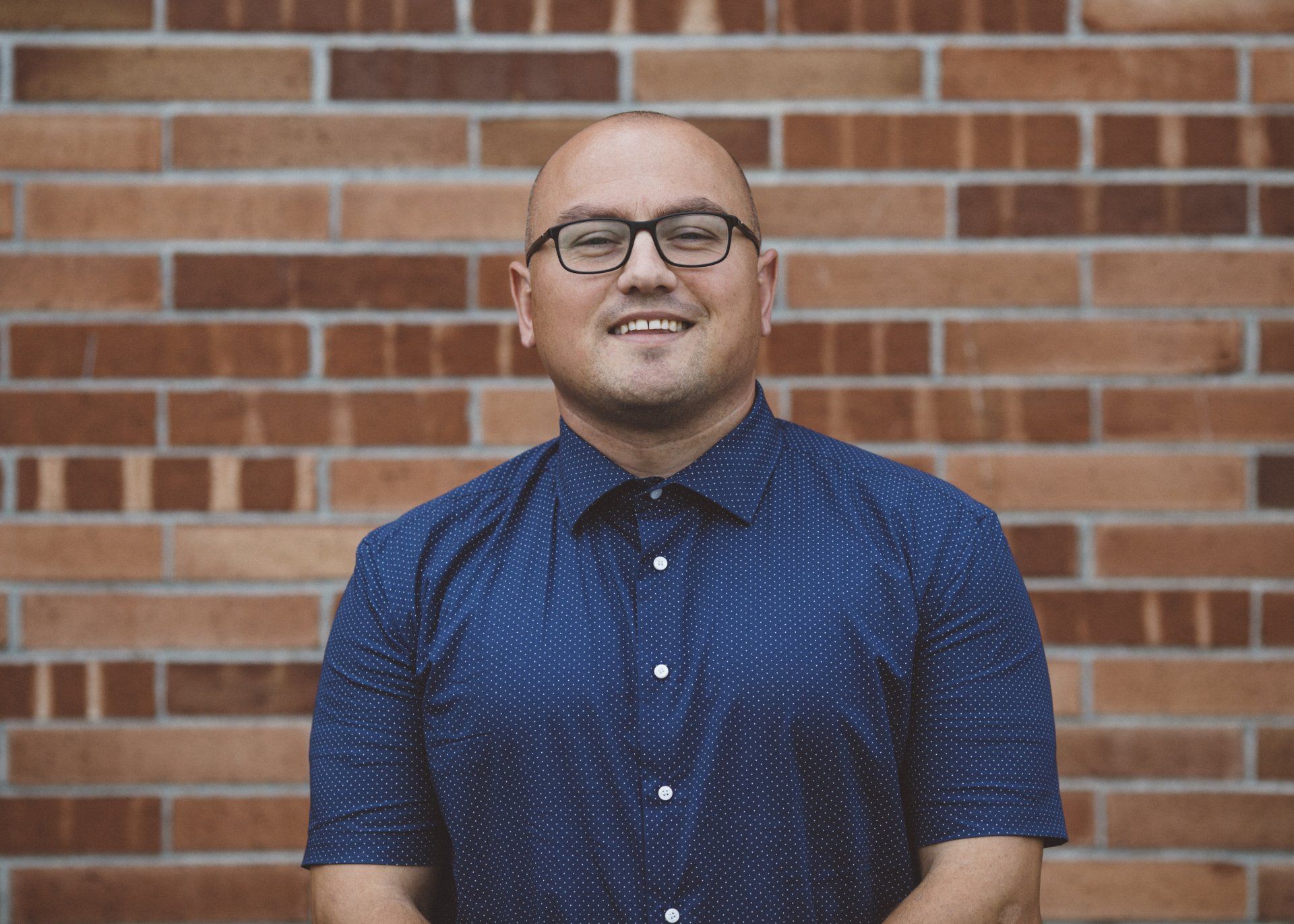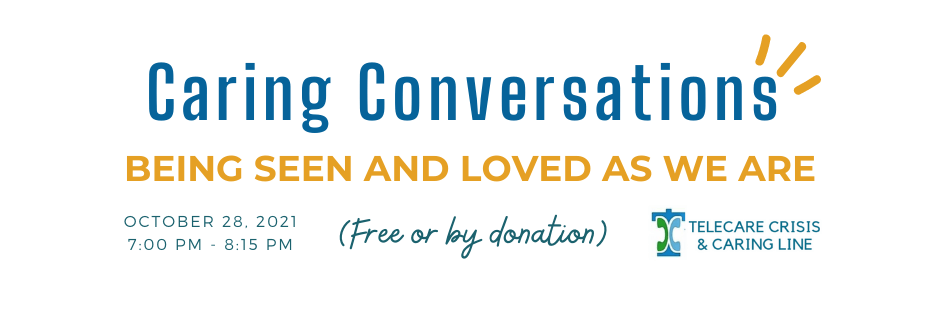PHONE FOR SUPPORT: 1-888-852-9099, 9 AM TO 9:00 PM, 7 DAYS A WEEK
LIVE CHAT: FRIDAYS AND SATURDAYS, 5 PM - 11 PM
Identity in God and Mental Well Being
By Daniel Whitehead, CEO, Sanctuary Mental Health Ministries
It is my belief that at the foundation of the mental health and faith conversation lies the subject of how we envision people. When we see people as God sees them, we will be better able to understand how we are made wonderfully and thrive best when we slow down and listen to one another.
Relational beings
My belief is that we are fundamentally relational beings. Biblically speaking we see this in the Genesis narrative where God creates one person – Adam -- then breaks the form in two, rejoins them, and from two creates a world of people. We also see this in the doctrine of the trinity. God is a relationship – Father, Son, Spirit—and we are made in God’s image. Therefore, relationships are central to whose we are, and to what we are. Put simply, relationships define us.
The four relationships
When we talk about relationships, I think we are talking about four: relationship to God, relationship to self, relationship to others and relationship to creation. Our relationship with God is foundational and permeates and shapes relating with self, others, and creation. To bear God’s image is to be committed to the vocation of relationships.
Physicians can't fix everything
We can also understand people as biological, psychological, social and spiritual. Historically, medical science has acknowledged the bio-psycho- social model, though in recent years there has been more accommodation of the spiritual nature of persons.
Unfortunately, in Western culture, today’s narrative says we are first and foremost biological beings, and that personal problems need medical answers for our wellbeing. In this narrative, the ‘gods’ of our days are physicians who can fix all our problems. To be sure, physicians play a role in healing, but they cannot fix everything.
A both-and approach to mental health
Moreover, this biological medical track has left many Christians with a fractured vision of the self that pits science against spirituality, but the better picture is both-and. Regarding mental health, consider that the biology of our minds is central to understanding our wellness. As the psalmist declares, "For we are fearfully and wonderfully made" (Psalm 139: 14). So, the mind is as much a part of the conversation as the body, the spirit and our social interactions. All play a part of who we are as image bearers of a relational God.
Slow down and listen
When we see people as relational, biological, spiritual, and psychological, we will realize the importance of slowing down and listening. We will begin listening not only to what God has to say to us, but what others have to say as well. I say this because being busy has become a status symbol in our culture, and I know this from bitter experience, even in the ministry.
We see the value in slowing down and listening from biblical examples such as Israel’s forty years of wandering, Jesus’ forty days in the desert, and God’s call for Sabbath. Quite simply, love takes time with God and others; finding space to do “nothing” may become a place for profound growth.
Creating a safe space
I understand from my friends at Telecare that call responders are encouraged to ‘go with the caller’ to where she or he leads, not rushing them, and hearing them out. That is an example of creating a safe space to listen and enter in to another person’s world.
The Bible shows us that in God’s kingdom, relational depth, interdependence and love are essential in the authentic framing of personhood. To establish this foundation is vital when offering care, support and friendship to those who struggle in mental health and wellbeing. It is only from this foundation that persons recover at their own speed, a recovery facilitated by authentically endowing individuals with the image of God, a God whose very being is the essence of a loving relationship.
FOOTNOTES
Adapted from “Pursuing the Higher Goal of Interdependence: Theological Anthropology, Mental Health and a Relational Version of Personhood” by
Daniel Whitehead, ACC Accord Spring 2021 Issue.
Photo: Unsplash
Need Someone to Listen?
Remember, you're not alone on this journey. If you're seeking a compassionate ear and a heart that understands, we encourage you to call us. Support is just a phone call away. See below for information on how to connect with us.
Discover Hope in Every Email
Join our community for uplifting stories, expert advice, and a path to healing.
Get the support you need
For Crisis or Emotional Support Call:
- 604-852-9099 in Abbotsford and Mission
- 1-888-852-9099 toll free throughout British Columbia
- If you are in a life threatening crisis, please call 911
Recent Posts
> End your Anxiety: A Prayerful Approach
> Renew your Strength – God's Promise to You
> Bible Verses that Help When You're Afraid | Telecare













